 Our Daily Opinion Summary writers have picked some interesting cases to highlight this week, with one in particular cutting close to home.
Our Daily Opinion Summary writers have picked some interesting cases to highlight this week, with one in particular cutting close to home.
First up, we leave the lower forty-eight and head up to Alaska with AES Corp. v. Steadfast Ins. Co.. The case involved the village and city of Kivalina, a community located on an Alaskan barrier island, which filed a lawsuit in the U.S. District Court against AES and other defendants for allegedly damaging the village by causing global warming through the emission of greenhouse gases. AES requested that Steadfast provide a defense and insurance coverage pursuant to the terms of their commercial general liability policy. Steadfast provided AES a defense under a reservation of rights and filed a declaratory judgment action, claiming that it did not owe AES a defense or indemnity regarding the Complaint brought by Kivalina. The circuit court granted Steadfast’s motion for summary judgment, holding that the Complaint filed by Kivalina did not allege property damage caused by an “occurrence” as that term was defined in AES’s contracts of insurance with Steadfast.

 Carl Malamud of public.resource.org has a guest post on Boing Boing:
Carl Malamud of public.resource.org has a guest post on Boing Boing: 
 The selections from our
The selections from our 
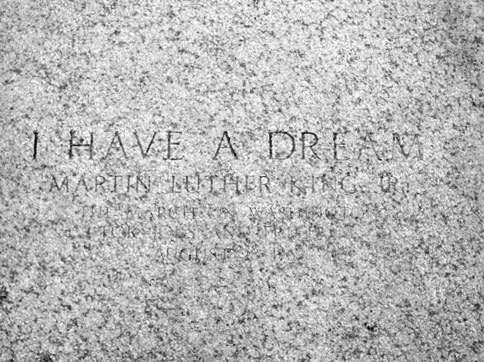
 Super PACs a/k/a “Independent-expenditure Only Committees” . . . they seem to be all over the news these days, don’t they? These organizations, which came to fame through the 2010 Supreme Court Citizen’s United decision, garnered lots of attention right out of the gate. In 2010 alone, almost 80 super PACs emerged to spend more than $60 million to elect or defeat federal candidates. (Super PACs in Federal Elections: Overview and Issues for Congress, CRS 12/2/11). Super PACs stand to be an even bigger force this year as we head into the Presidential primaries and the general election so I thought I’d share the small collection of resources I’ve come across lately which might help us all better understand what kind of ride we might be in for in the coming months.
Super PACs a/k/a “Independent-expenditure Only Committees” . . . they seem to be all over the news these days, don’t they? These organizations, which came to fame through the 2010 Supreme Court Citizen’s United decision, garnered lots of attention right out of the gate. In 2010 alone, almost 80 super PACs emerged to spend more than $60 million to elect or defeat federal candidates. (Super PACs in Federal Elections: Overview and Issues for Congress, CRS 12/2/11). Super PACs stand to be an even bigger force this year as we head into the Presidential primaries and the general election so I thought I’d share the small collection of resources I’ve come across lately which might help us all better understand what kind of ride we might be in for in the coming months.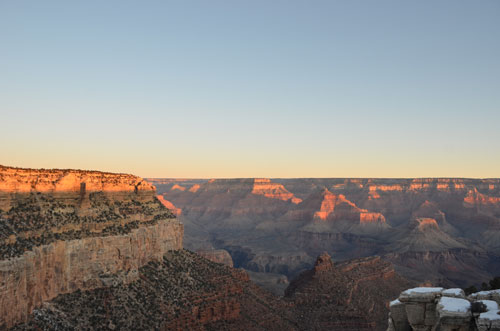
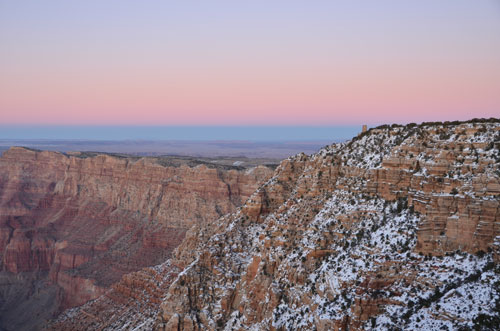
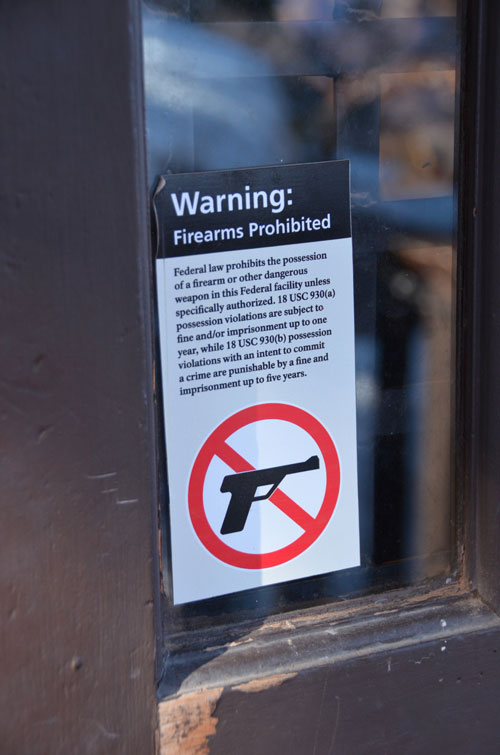
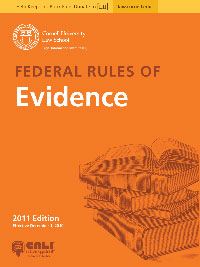 I’m a little behind on this, but in September of this year, the AOC
I’m a little behind on this, but in September of this year, the AOC 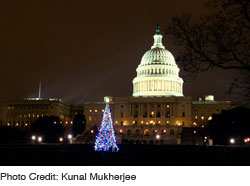 From the
From the